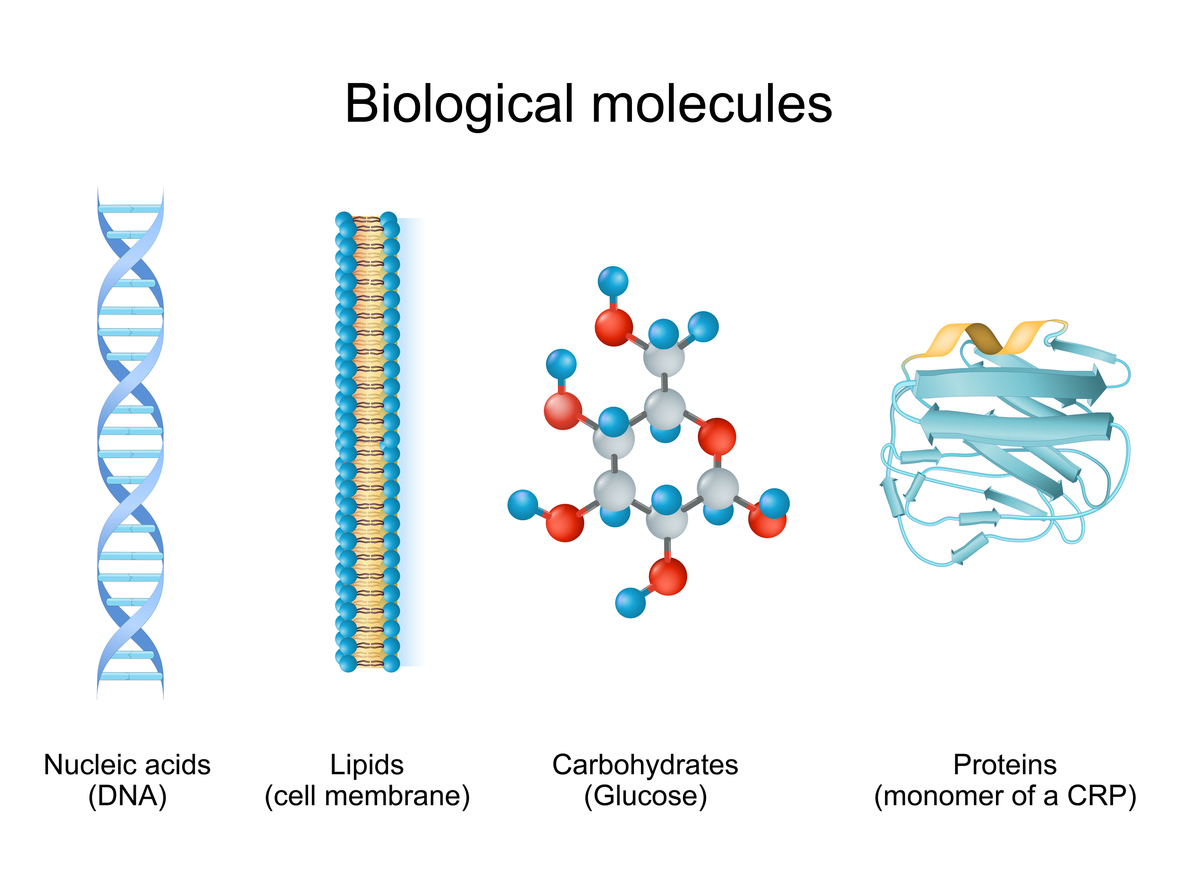Supply Chain Traceability in Nigeria: Ensuring Transparency and Accountability
Supply chain traceability is becoming increasingly important in today’s global economy, and Nigeria is no exception. As businesses face growing demands for transparency, accountability, and compliance with international standards, the ability to trace the movement of goods throughout the supply chain is critical. Supply chain traceability enables companies to monitor and verify each step in the production and distribution process, from raw materials to finished products. In this article, we’ll explore the significance of supply chain traceability in Nigeria, its benefits, and how businesses can implement effective traceability systems.
What is Supply Chain Traceability?
Supply chain traceability refers to the ability to track and trace the history, application, or location of an item or its components throughout the supply chain. This involves capturing data at each stage of the supply chain—sourcing, production, processing, and distribution—to provide a clear record of the product’s journey from origin to consumer.
Importance of Supply Chain Traceability in Nigeria
Nigeria’s economy is heavily dependent on sectors such as agriculture, oil and gas, and manufacturing, where supply chain traceability can play a crucial role. Implementing traceability systems offers several benefits:
1. Enhancing Transparency and Trust
- Consumer Confidence: Traceability allows businesses to provide verifiable information about the origin and journey of their products. This transparency builds consumer trust, especially in industries like food and pharmaceuticals, where safety and quality are paramount.
- Compliance with Regulations: Many industries in Nigeria are subject to stringent local and international regulations. Traceability ensures that companies can meet these regulatory requirements by providing detailed records of their supply chain activities.
2. Reducing Risks and Ensuring Quality
- Quality Control: Traceability systems help businesses monitor the quality of raw materials and finished products, enabling them to quickly identify and address issues at any point in the supply chain.
- Risk Management: By tracking products throughout the supply chain, businesses can identify potential risks, such as contamination or fraud, and take proactive measures to mitigate them.
3. Improving Efficiency and Reducing Costs
- Streamlined Operations: With traceability, companies can streamline their supply chain operations by improving inventory management, reducing waste, and minimizing disruptions.
- Cost Savings: Traceability can lead to cost savings by preventing costly recalls, reducing waste, and optimizing resource use.
4. Supporting Sustainability and Ethical Practices
- Sustainable Sourcing: Traceability enables companies to verify the sustainability of their supply chains by ensuring that raw materials are sourced ethically and responsibly.
- Corporate Social Responsibility (CSR): Companies that prioritize traceability can demonstrate their commitment to ethical practices, enhancing their reputation and appeal to socially conscious consumers.
Key Industries Benefiting from Supply Chain Traceability in Nigeria
Several key industries in Nigeria stand to benefit significantly from implementing supply chain traceability systems:
1. Agriculture and Food Production
- Food Safety: In the agriculture and food production sectors, traceability is critical for ensuring food safety and quality. By tracking the journey of food products from farm to table, businesses can ensure compliance with food safety standards and quickly respond to recalls if necessary.
- Export Compliance: For Nigerian agricultural products destined for international markets, traceability is essential for meeting export regulations and maintaining access to global markets.
2. Oil and Gas
- Regulatory Compliance: The oil and gas industry in Nigeria is subject to strict environmental and safety regulations. Traceability systems help companies comply with these regulations by providing detailed records of the extraction, processing, and distribution of oil and gas products.
- Risk Management: Traceability enhances the ability to monitor and manage risks in the oil and gas supply chain, including environmental hazards and operational disruptions.
3. Pharmaceuticals
- Counterfeit Prevention: The pharmaceutical industry in Nigeria faces challenges related to counterfeit drugs. Traceability systems help combat this issue by ensuring that only genuine products reach consumers.
- Regulatory Adherence: Traceability is crucial for meeting regulatory requirements in the pharmaceutical sector, where the safety and efficacy of products are paramount.
Implementing Supply Chain Traceability in Nigeria
To successfully implement supply chain traceability, businesses should consider the following steps:
1. Invest in Technology
- Digital Solutions: Implementing digital traceability solutions, such as blockchain, RFID, and barcoding systems, allows businesses to capture and store data at each stage of the supply chain.
- Data Management: Effective traceability requires robust data management systems that can handle large volumes of information and provide real-time insights into supply chain activities.
2. Collaborate with Supply Chain Partners
- Stakeholder Engagement: Successful traceability depends on collaboration with all supply chain partners, including suppliers, manufacturers, and distributors. Clear communication and shared goals are essential for ensuring that traceability efforts are aligned across the supply chain.
- Training and Capacity Building: Providing training and capacity-building support to supply chain partners ensures that they understand the importance of traceability and are equipped to implement it effectively.
3. Monitor and Review
- Continuous Improvement: Regularly monitoring and reviewing traceability systems allows businesses to identify areas for improvement and ensure that the system remains effective in meeting their goals.
- Compliance Audits: Conducting compliance audits helps businesses verify that their traceability systems meet regulatory requirements and industry standards.
Conclusion
Supply chain traceability is a critical tool for businesses in Nigeria looking to enhance transparency, ensure quality, and maintain compliance with regulations. By implementing effective traceability systems, companies can gain a competitive advantage, build consumer trust, and contribute to sustainable and ethical practices.
At Wigmore Trading, we are committed to supporting businesses in Nigeria with our expertise in supply chain management and traceability solutions.
Get in Touch:
Looking to implement supply chain traceability in your business? Contact Wigmore Trading today to learn more about our traceability solutions and how we can help you optimize your supply chain. Visit our website, email, or call us for more information.








Comments are closed.